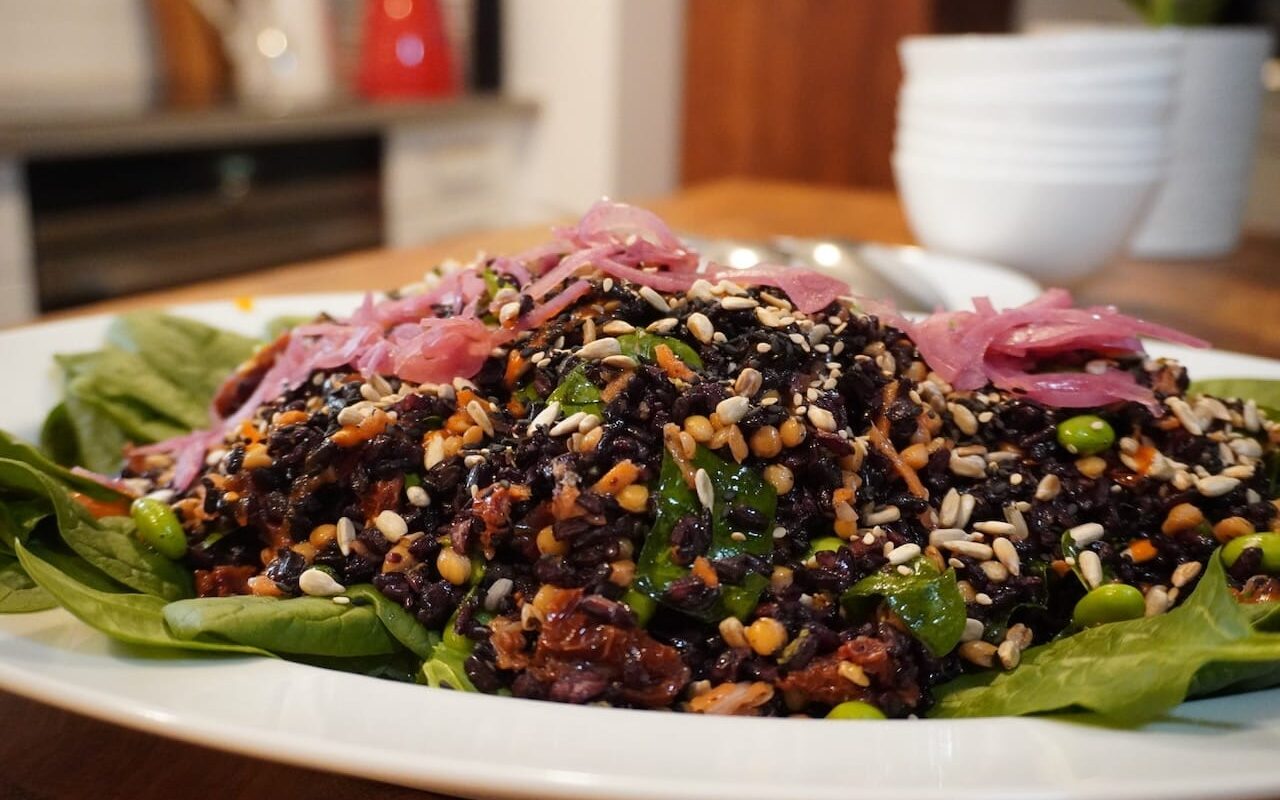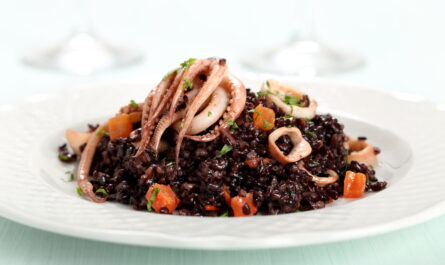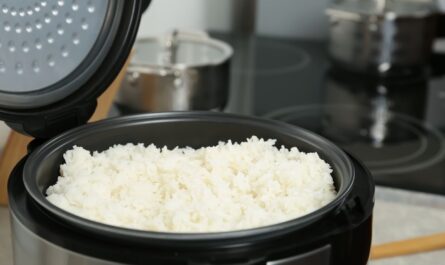The debate of black rice versus millet has gained traction among health enthusiasts and food lovers alike. Both of these ancient grains are powerhouses of nutrition and offer numerous benefits. But what makes them unique? And which one should you include in your diet? In this article, well explore the characteristics, benefits, and best uses of both black rice and millet to help you make an informed decision.

Introduction to Black Rice and Millet
Black rice is often referred to as forbidden rice due to its historical association with Chinese royalty. Its known for its deep black color that turns purple when cooked. Rich in antioxidants, particularly anthocyanins, black rice is sought after for its health benefits.
Millet, on the other hand, is a group of small-seeded grasses widely cultivated worldwide. It comes in various colors, including white, gray, yellow, and red. Millets are valued for their high nutritional content and are a staple in many parts of Africa and Asia.
Nutritional Comparison
Black Rice Nutritional Profile
Black rice is packed with fiber, protein, and essential minerals like iron and copper. Its also gluten-free, making it a great alternative for those with gluten intolerance. A significant feature of black rice is its high antioxidant content, which is higher than other rice varieties.
For more on the benefits of black rice, you can check out this article.
Millet Nutritional Profile
Millet is rich in magnesium, phosphorus, and calcium, which are vital for bone health. It’s also a good source of dietary fiber and protein, making it beneficial for digestion and muscle repair. Additionally, millet is known for its low glycemic index, which helps in maintaining blood sugar levels.
Health Benefits
Benefits of Black Rice
Black rice offers numerous health benefits, including improving heart health by reducing cholesterol levels and preventing oxidative stress. Its also known to support liver health and aid in detoxification. The high fiber content in black rice helps in weight management and promotes digestive health. For those interested in how black rice fits into specific diets, such as intermittent fasting, its a worthy addition.
Benefits of Millet
Millets are celebrated for their ability to improve heart health, thanks to their high magnesium content. They also help in managing diabetes due to their low glycemic index. Millets are known to reduce the risk of colon cancer and improve respiratory health. They are also beneficial for those looking to enhance their skin and hair health.
Culinary Uses
Cooking with Black Rice
Black rice is versatile and can be used in a variety of dishes. Its perfect for creating visually stunning meals due to its vibrant color. From traditional Asian dishes to modern salads and desserts, black rice is a favorite among chefs. If youre curious about trying black rice in your culinary adventures, consider incorporating it into your sushi dishes. Visit black rice recipes for inspiration.
Cooking with Millet
Millets can be cooked similarly to rice and used in salads, soups, and as a base for various dishes. They are excellent for making porridge, flatbreads, and even desserts. Millets mild flavor makes them adaptable to both sweet and savory dishes.
Which is Right for You?
Choosing between black rice and millet depends on your dietary needs and preferences. If you’re looking for a grain high in antioxidants and fiber, black rice is a great choice. However, if you need a versatile grain that supports heart health and is low on the glycemic index, millet might be more suitable.
Conclusion
Both black rice and millet offer unique benefits and can be included in a balanced diet. Whether youre a sushi lover looking to experiment with new grains or someone interested in enhancing your diet, both grains have something valuable to offer. For more on how to incorporate these grains into your diet, check out black rice insights.

FAQ
What is the difference in taste between black rice and millet?
Black rice has a nutty, slightly sweet flavor, while millet has a mild, corn-like taste. The texture of black rice is chewy, whereas millet is more fluffy when cooked.
Can black rice cause allergies?
While black rice is generally safe for most people, some individuals may experience allergies. For more details, you might want to explore allergy concerns.
Is millet suitable for gluten-free diets?
Yes, millet is naturally gluten-free, making it an excellent choice for those with celiac disease or gluten intolerance.
This article contains affiliate links. We may earn a commission at no extra cost to you.




